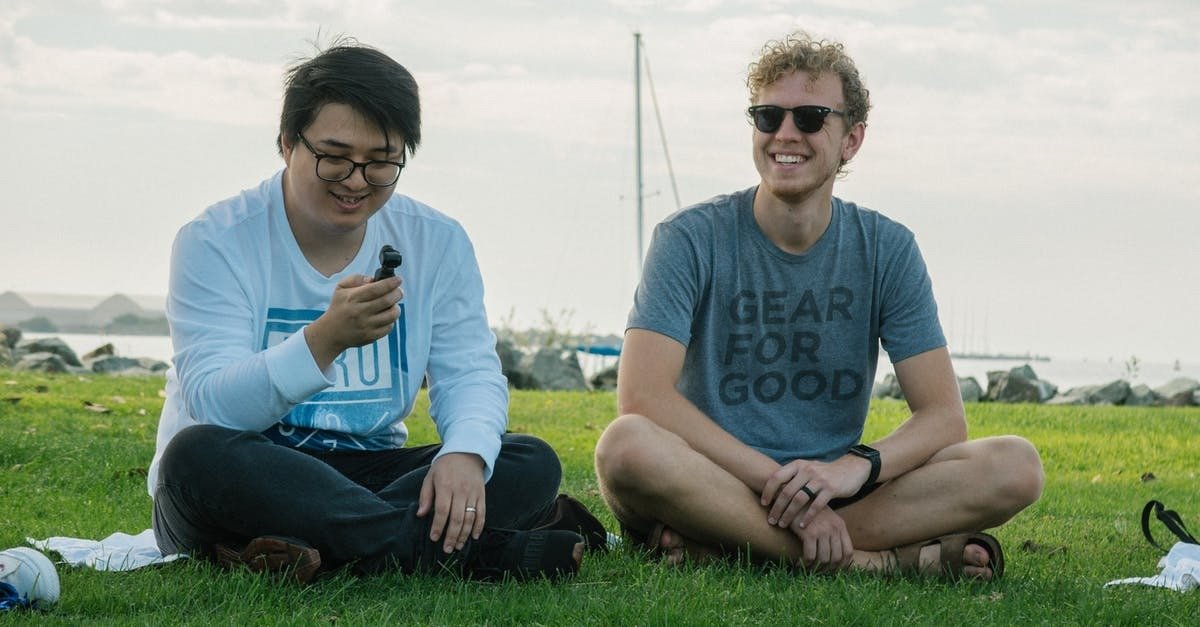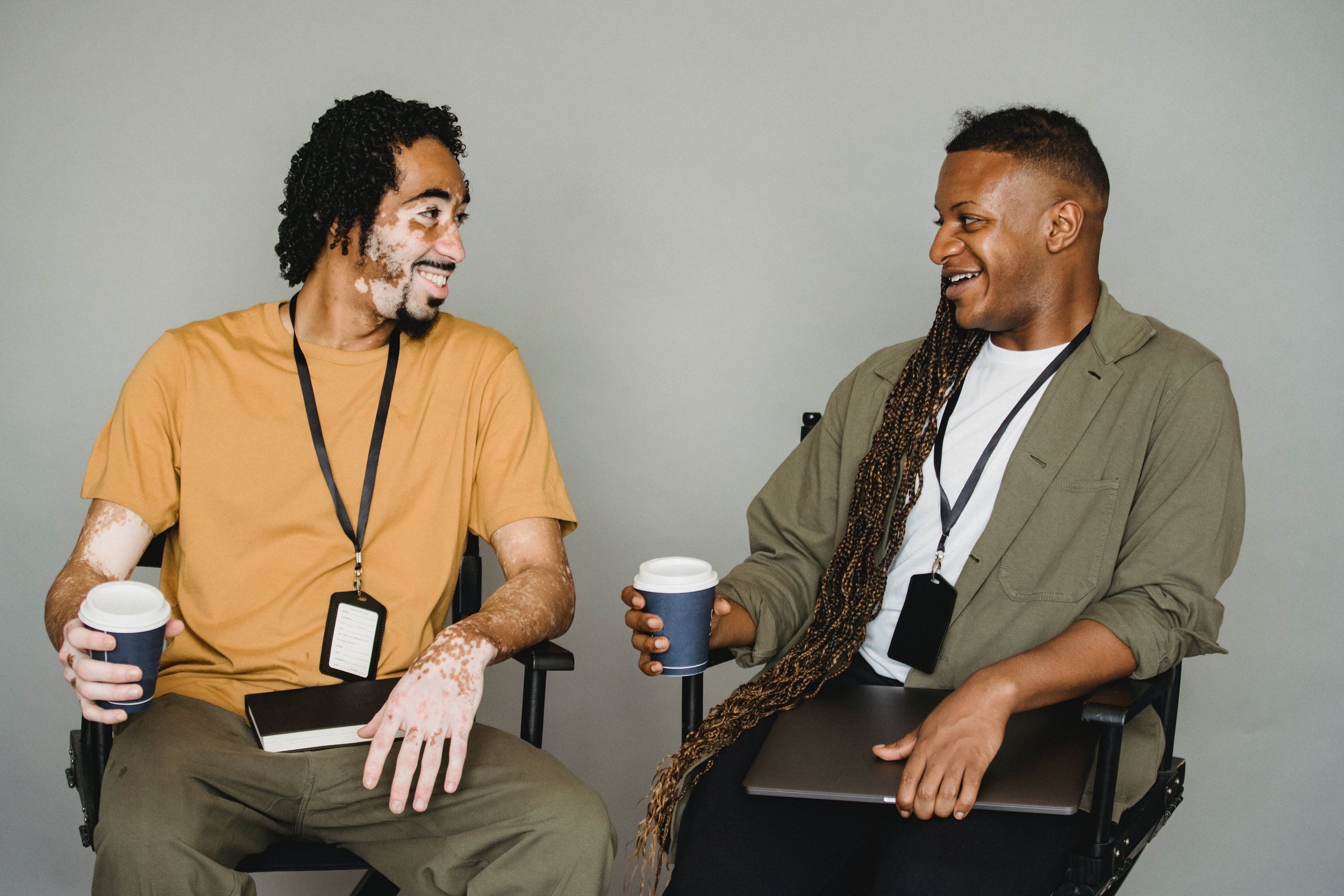Marcus Mission: suicide prevention through peer mentoring
What is Marcus Mission?
Marcus Mission is a Peer Mentor program that was founded after a young man took his own life. The Peer Mentor program, located in South-East Queensland and run by Wesley Mission Queensland, aims to reduce the risk of suicide for men. The program supports men experiencing difficulties and crises through the provision of volunteers with training and support, allowing them to lead in their communities through peer-mentorship and facilitated conversations.
To achieve a reduction in the number of men attempting to take their life or dying by suicide, Wesley Mission Queensland and those involved in Marcus Mission offer support to build the skills, knowledge, and connections of men as well as their families, friends, and communities.
The need for this program
Most recent data from 2019 show that there were 3,318 deaths by suicide in Australia with 784 of those in Queensland. Of these suicides in Queensland, three in four were in men, accounting for 591 lost lives, with the highest proportion of these being those aged 45-49 years. This is a significant human tragedy that is entirely preventable. The Marcus Mission program represents a response to this problem.
How the program is run
Marcus Mission gives men opportunities to learn and develop their self-awareness and skills for relationships, personal wellbeing and resilience in relaxed, well-facilitated groups. Marcus Mission uses evidence-based practice to build resilience, negotiate conflict and manage relationship challenges.
Men volunteer to become Peer Mentor’s and are matched with other men who are working through challenges or experiencing distress in their life. Peer Mentors are trained in skills such as active listening, suicide prevention, resilience building, and finding meaning in life.
Peer Mentors connect with men through in-person catch-ups or activities, phone, text and email. The role of a Peer Mentor is not to be a counsellor, or an ‘advice-giver’, but to engage in active listening. The training that Marcus Mission provides is designed to ensure that listening is not just listening, but affirms and empowers the person being mentored and listened to.
Measuring the effectiveness of this model
Wesley Mission Queensland knew that what they were doing in the Marcus Mission program was valuable and making an impact in men’s lives. But measuring outcomes of social impact programs can be difficult and outcomes from interpersonal programs can be ‘hidden’ in the experiences of participants and contained in experiences, feelings, and words.
Wesley Mission Queensland wanted to understand how this program was changing the lives of men experiencing crises and decided to engage Beacon Strategies to run an evaluation of the program.
Being able to describe the outcomes of the program is an enabler that will assist Wesley Mission Queensland to show the community and potential funders how it changes lives. This will allow the program to grow further and make an even greater impact in suicide prevention and improving mens’ lives.
In summary...
Suicide prevention is an area that benefits from a variety of approaches that “meet men where they are”. Marcus Mission’s focus on peer support is unique, with clear benefits of this model demonstrated in the final evaluation report.
Wesley Mission Queensland and the men who participate in this program have built something unique and powerful in suicide prevention and are ready to build on what’s already been achieved.
The Marcus Mission program is currently based in South East Queensland, but with additional support and funding from donors, they hope to expand their service to more men in need across Queensland and Australia. This would have great impacts in preventing suicides and strengthening men to deal with crises and would be transformative for the men who could be reached.


